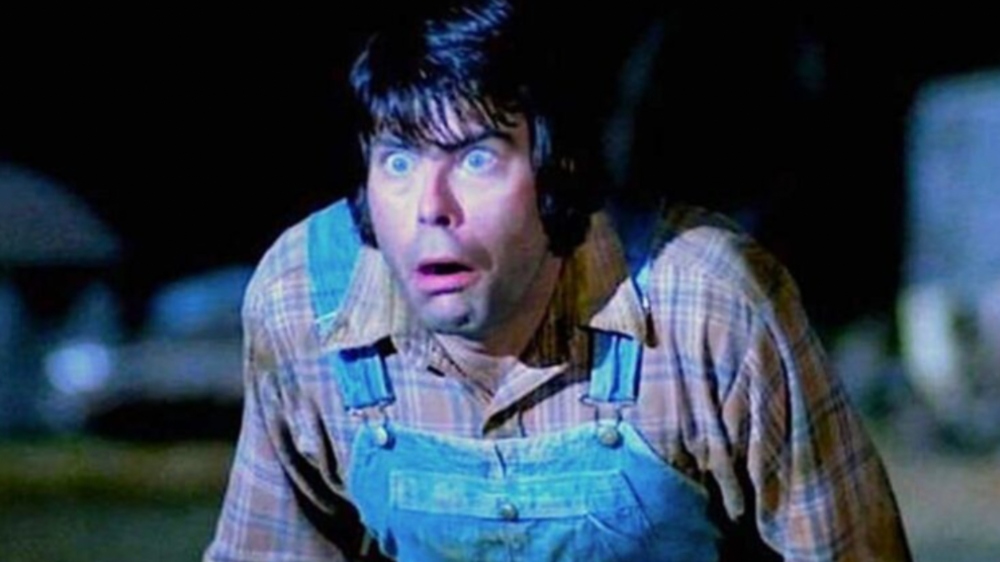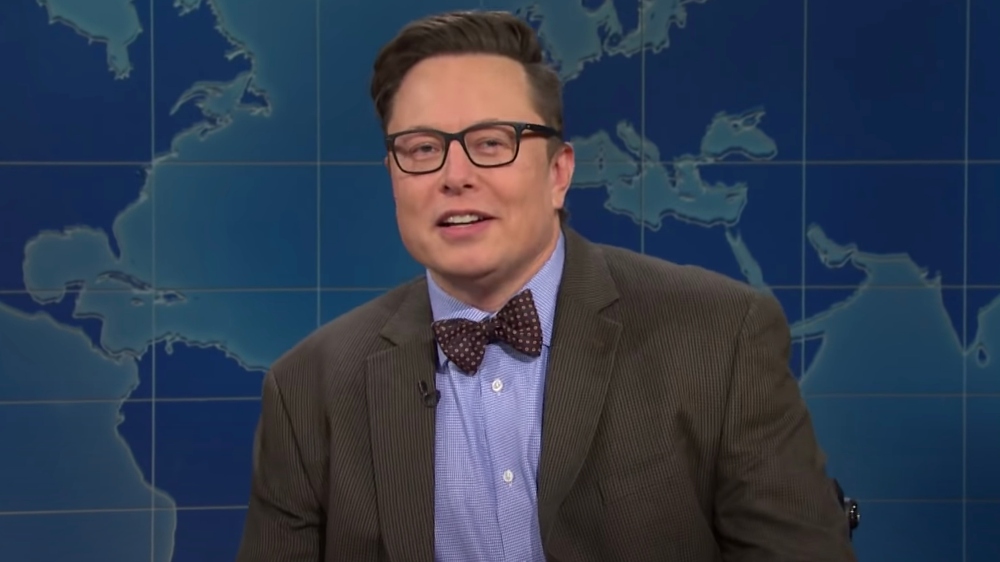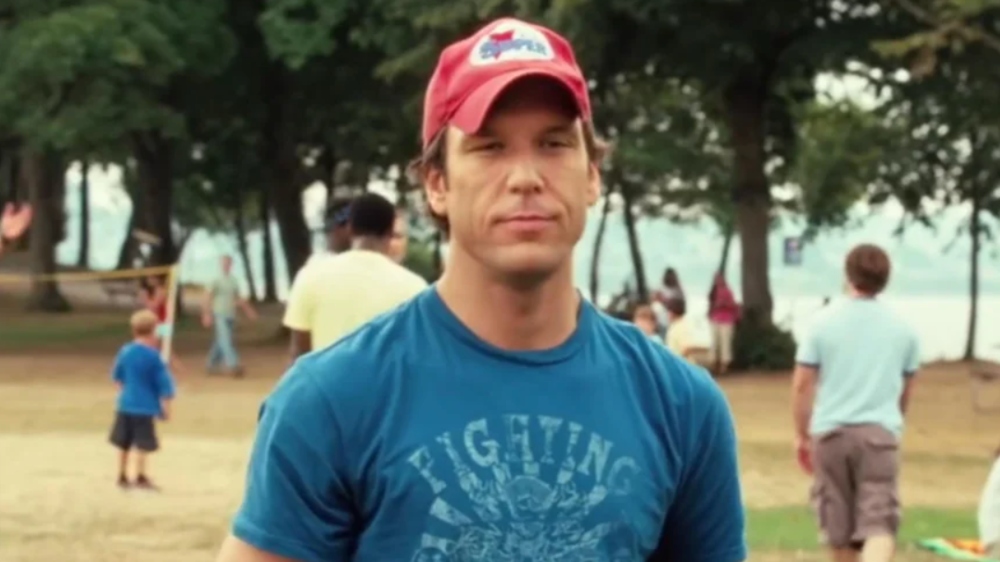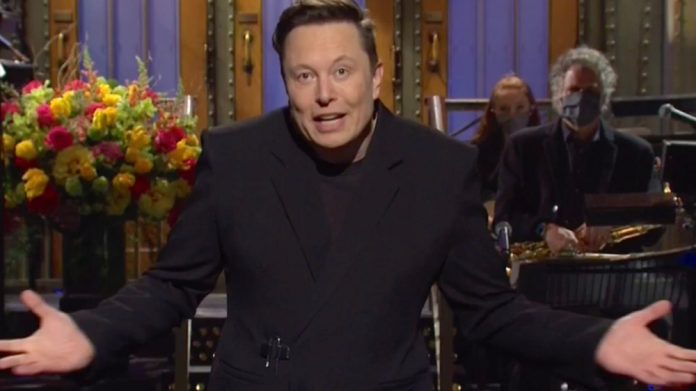I was friendly with a guy in college who liked giving other people a hard time, and then, when you tried playing along or giving it back to him, he would get all huffy and say something like, ‘Jesus, I was only kidding. Lighten up, will ya?’ Even after you tried to reassure them that, yes, you knew he was kidding and, in fact, you were just going with the joke and poking some fun back at him, he was deeply wounded about the imaginary line you crossed without knowing it.
Basically, he was a bully, and like most bullies, he could dish it out, but couldn’t take it. Sort of like Elon Musk, the world’s richest man, and an entrepreneurial savant who doesn’t appear to know the first thing about, y’know, people — which is a problem given that he’s the new overlord of Twitter.
I am on record here about bullies and my extreme distaste for them in any form — to be fair, I don’t know a lot of folks who are pro-bully, but then, I don’t get out as much as I used to — but when they come in this particular form, with untold wealth which the bully in question believes gives him carte blanche to do and say whatever he chooses without consequence, the distaste borders on apocalyptic.
There are a couple of issues at play here that are especially irksome. The first is the notion that someone who has been verified with a blue check should have to pay for the privilege. Stephen King, a stalwart tweeter, said he would not stick around for this nonsense when the initial price of $20 bucks was floated, which led Musk to come back with an offer of $8. I’m not sure if King decided that was worth it, but if I were him, it wouldn’t be, considering what the bestselling author brings to Twitter — his millions of fans.

Musk’s thinking is ass backward, of course, because the whole point of the check mark — as my editor will tell you — is that it guarantees veracity. If there is one thing Twitter needs, it’s more of that, and if you suddenly charge a fee for it, you’re essentially chasing away the very folks you need to ensure that the platform is respected the way that its owners and (most of) its users want it to be.
In fact, Twitter should be the ones paying the blue-check people for providing a valuable service — grounding it in reality. That would, of course, be a non-starter with Musk, but the fact that he doesn’t understand what he bought or why it’s important to people demonstrates that he’s obviously missing a big piece of the puzzle.
For the record, I have no vested interest in this social media circus, as I effectively left Twitter three and a half years ago, when I realized that it was affecting my mental health. I would scroll through it first thing in the morning and, after sifting through the nastiness, vitriol, and hate speech, suddenly find myself in a bad mood before I even got out of bed. It wasn’t a great way to start the day, so in April of 2019, I finally had enough and deleted it from my phone. I haven’t tweeted since, unless it was to reach out to a fellow journalist about something specific, and even then, I can count those instances on one hand.
While I was there, though, I neither had a blue check mark nor tried to get one, so it’s not like I have any kind of axe to grind, and if I did, it would have been with the previous owners, not Musk. This here? This is new stuff, fresh off the mental assembly line.
The other thing about New Twitter that has me riled is actually a two-parter. The first is this notion Musk has that Twitter should be a town square where speech of any kind is allowed, no matter the racism or bigotry involved. He calls himself a “free speech absolutist,” but that is apparently only true if said speech is not directed at him. In case you haven’t heard, he is banning anyone who dares to impersonate him unless they expressly declare they’re a parody account. That reminds of the guy I knew in college, with his “I’m going to say whatever I want about whoever I want, and you can do the same… unless the person you’re talking about is me” shtick.

If you need, I can direct you to dictionary.com for the definition of “hypocrite,” or you can just take my word for it that this is a textbook example.
The thing about free speech that most people — including, it would seem, the world’s richest man — get wrong is that it’s not about being able to say whatever you want, whenever you want, without having to pay any consequences, or without a social media baron or other non-governmental entity telling you that you can’t say it. This is not how the concept of free speech actually works.
Free speech, as it is properly defined, exists only as a contract between a government and its public. The government of the United States, as well as all those individual states and municipalities that fall under its auspices, cannot censor your speech or prevent you from saying something. You cannot shout fire in a crowded theater, or otherwise incite others with your utterances, but otherwise, you are free to say what you like, even if it is hurtful to someone else.
If, however, you are on a privately owned website or social media platform, or you work for a particular employer, you are not allowed to say or do whatever you please, and instead remain beholden to certain rules, be it a website’s terms of service or a company’s employee handbook. People often get confused about this and claim persecution when their utterances come back to bite them on the posterior, but ultimately what they’re doing is being punished for violating the rules to which they’ve already agreed to abide.
So the highly confused Musk decided to buy Twitter and make it a free-for-all, making it clear that he had no issue with people spouting racist or bigoted opinions, pushing misinformation, and otherwise wreaking havoc in a space devoted to the misguided notion of what free speech is supposed to be.

That, in fact, links to the second part of what bothers me about New Twitter, which is how Musk’s laissez-faire attitude has appealed to hack comedians and others who think their lowest common denominator senses of humor are the height of hilarity. When Musk took over Twitter, Dane Cook asked the question of whether or not it was “okay to be funny again.” My obvious response to this is a query about when Cook was ever funny previously, though the issue goes much deeper than that.
It speaks to the class of comedians whose work belittles others or punches down, and who essentially try to destroy others for the sake of laughs, only to hide behind the victimization inherent in the vilification of “woke culture.” Don’t blame the comedian who gets in trouble for his low-brow and offensive attempts at humor, blame the culture that no longer finds this schtick funny, right? Then you can keep telling yourself that this is not your fault and that, in actuality, you’re the good guy who’s being persecuted even though you’ve done nothing wrong. Textbook stuff, really.
Musk likes to think that he’s Tony Stark, the smartest man on the planet who knows better than anyone else what’s right and what’s wrong. The thing is, though, that Tony Stark eventually learned that his actions have consequences and that he wasn’t always on the right side of things, and he made repeated attempts to square the ledger. He used his wealth and knowledge for good, and the betterment of mankind, after realizing that he had been wasting those precious resources. That he’s a fictional character is beside the point, especially when the real-life imposter claims a connection.
In reality, the comic book character who comes to mind when I think of Elon Musk is Lex Luthor, the brilliant businessman who doubles as Superman’s nemesis. Luthor is like most villains in that he believes his way is the right way and refuses to see another side of it. He’s smarter than everyone else or at least believes that he is, and so he must be right — the rest of us must not know any better. If folks disagree or go so far as to actually dare question him, then he will make them sorry. All while never apologizing himself.
I don’t know about you, but that sounds an awful lot like Elon Musk to me. We’ll see if, like Luthor, he ends up a victim of his own hubris and misinformation. He certainly has plenty of both to spare…
 Neil Turitz is a journalist, essayist, author, and filmmaker who has worked in and written about Hollywood for more than 25 years, though he has never lived there. These days, he splits his time between New York City and the Berkshires. He’s not on Twitter, but you can find him on Instagram @6wordreviews.
Neil Turitz is a journalist, essayist, author, and filmmaker who has worked in and written about Hollywood for more than 25 years, though he has never lived there. These days, he splits his time between New York City and the Berkshires. He’s not on Twitter, but you can find him on Instagram @6wordreviews.
You can read a new installation of The Accidental Turitz every Wednesday, and all previous columns can be found here.



